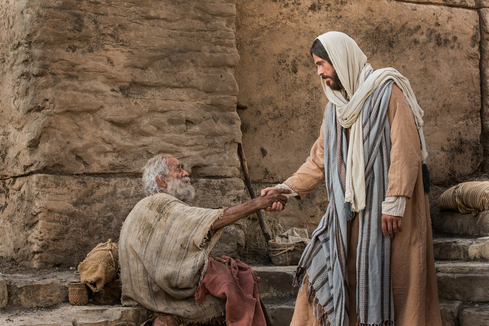
But this week also is sandwiched between two days that commemorate incredibly important events in the lives of Sts. Peter and Paul. Last Monday was the feast of the Confession of St. Peter. You remember the occasion: Jesus asks His disciples, “But Who do you say that I am?” And Peter responds with his confession, “You are the Christ, the Son of the living God.” Tomorrow is the other bookend of this special week, the day that we celebrate the Conversion of St. Paul on the road to Damascus, his unique encounter with the resurrected Christ, Who, when Paul asks Who He is, says, “I am Jesus, Whom you are persecuting.” The dramatic result, of course, is that Saul, the persecutor of the Church, becomes Paul, the missionary evangelist to the Gentiles.
In between these momentous events of confession and conversion comes what has been designated as “a Week of Prayer for the Unity of the Church.” How absolutely perfect that the days between the great confession of the Apostle to the Jews and the amazing conversion of the Apostle to the Gentiles should be devoted to prayer for the unity of the Church! Every week should be such a week, especially in a time when efforts at unity are counterbalanced by deepening divisions. We need to devote ourselves more frequently and more intentionally to praying for the unity of the “one holy, catholic and apostolic Church.” Apart from this sort of intense and collective prayer, our objectives have no chance of being realized.
What does this have to do with our gospel reading for today (Luke 14:14-21)? In a word, “everything.” When we ponder this event that occurred early in the public ministry of Jesus, our focus tends to be on how it reveals the Messianic authority with which Jesus read and taught Scripture, and His self-revelation to His townspeople as the One anointed by the Holy Spirit to preach and to perform miracles in fulfillment of Isaiah’s prophecy. But there’s more. Jesus is using the words of Isaiah to indicate just what sort of ministry would be His, and just who it was to whom He would be ministering. It’s not a ministry to the persons who populate very many Anglican or Episcopal churches. It’s to “the poor, the captives, the blind and the oppressed.”
You will remember our Gospel reading from a few weeks ago when Jesus said, “Come, you that are blessed by my Father, inherit the kingdom prepared for you from the foundation of the world; for I was hungry and you gave me food, I was thirsty and you gave me something to drink, I was a stranger and you welcomed me, I was naked and you gave me clothing, I was sick and you took care of me, I was in prison and you visited me.” Combining the two, we have the objects of Jesus’ ministry and ours: the poor, the captives, the blind, the oppressed, the hungry, the thirsty, the stranger, the sick and the imprisoned.
Yes, there was the one person who came under Jesus’ teaching whom we call the “rich young ruler” (who may not have been rich, young or a ruler). But in that context Jesus Himself said of him “How hard it is for a rich person to enter the kingdom of God.” When He was criticized for eating with tax collectors and sinners, Jesus said, “Those who are well have no need of a physician, but those who are sick. I came not to call the righteous, but sinners.” We know that He healed many blind persons, and St. John even devotes an entire chapter of his gospel to just one of those healings. There, in John 9, Jesus said, “For judgment I came into this world, so that those who do not see may see, and that those who see may become blind.”
In our epistle reading today, we hear from St. Paul that “the members of the body that seem weaker are necessary,” and that God has given “more abundant honor to the member that lacked honor,” and that all members should have “the same care for one another.” Put this together with Jesus’ other words and you have a very different picture of ministry from the one in which most of us are engaged. We prefer to worship and socialize with persons who are more like ourselves, and whether intentionally or unintentionally, we tend to distance ourselves from those who are the “less honorable” and “less presentable.” In our OT reading, Ezra and Nehemiah exhorted the people to “send portions to him who has nothing.” We know intuitively that there must be “something” wrong with those persons, and we trust the secular society to deal with them appropriately. With Scrooge in Dickens’ Christmas Carol we ask, “Áre there no prisons? Are there no workhouses?” Are there no city missions? Are there no welfare programs?
For the most part, we’re not very good at dealing with such persons proactively, with seeking out those who are unlike ourselves and whose suffering somehow seems self-inflicted and therefore somewhat deserved. There are glowing exceptions, and most of us find occasions here and there to break out of our comfort zones to do this sort of service for the “less honorable” persons. But we take note of those occasions by virtue of the very fact that they are quite exceptional.
If we feel condemned by Jesus when He holds up mirrors to ourselves, so be it. But I believe that His words more often than not are meant to provide direction and encouragement rather than condemnation. Yes, we fall short, and many times in reading Scripture we are reminded of that. The standards held up by Scripture are lofty if not unattainable. Were it a simple matter for us to fulfill all righteousness, to be perfect as He is perfect, to be holy as He is holy, to be pure and blameless, then our earth would be a very different place; the reach of the Gospel message already would have spread “from shore to shore” and the disparity between the “haves” and the “have not’s” would be dramatically narrowed. Along with the reduction in the number of “have not’s” in our world would come a significant reduction in criminal activity, as it is those who live in the grip of poverty who are most likely to lash out blindly at a society that they perceive as being quite content to leave them in their condition.
Why is it that Jesus had a passionate love for the poor, the captives, the blind, the oppressed, the hungry, the thirsty, the stranger, the sick and the imprisoned, yet we who are said by Paul to possess the mind of Christ do not share that same love? What would happen if we possessed the heart of Christ? Would that be a different story? Is there more to it than sending contributions to the City Mission or sending missionaries to the great unwashed of Papua New Guinea?
What is it, exactly, that holds us back? Fear? Busyness? Lack of authentic compassion? It is emphatically not lack of opportunity. We leave such ministry to those who have had a special calling to it, yet we may put ourselves at risk of being among those on His left to whom Jesus might legitimately say, “Depart from Me, accursed ones, into the eternal fire which has been prepared for the devil and his angels; for I was hungry, and you gave Me nothing to eat; I was thirsty, and you gave Me nothing to drink; I was a stranger, and you did not invite Me in; naked, and you did not clothe Me; sick, and in prison, and you did not visit Me” (Mt. 25:42, 43).
How could that possibly be? Could it be because, consciously or unconsciously, we have limited our company to those who look like us, dress like us, share our comforts and our common interests and are in a position to show reciprocity when we help provide for their temporary needs? When we do that, we are making a mockery of our pledge to “be like Jesus.” Jesus, the King of Heaven, made his company with a rag-tag group of persons who had absolutely nothing to offer Him other than their devotion. He nourished them and, by the Holy Spirit, gave them gifts they never imagined possessing. Galilean fishermen, a tax collector, two zealots: these are among the ones who were chosen by God to accompany Jesus in His earthly ministry and then to proclaim the Gospel message, usually at the cost of their own lives.
The unity of the Church for which we are to be praying requires more than just trying to reconcile the Eastern Church with the Western Church or the Anglicans with the Episcopalians. It has to do with our recognizing that we are a people called to serve, and that our service must include an openness to the needs of others who are not like us, to see the Church as a very diverse collection of sinners from every segment of society, persons just as spiritually needy as ourselves in addition to their being significantly needier materially speaking. If the Church were to unite in addressing this woeful aspect of its neglect and disunity, many things would change.
Jesus Himself said, “By this all people will know that you are my disciples, if you have love for one another” (John 13:35). Then, in His High Priestly prayer to the Father, He asked “that they all may be one, just as You, Father, are in Me, and I in You, that they also may be in Us, so that the world may believe that You have sent Me” (John 17:21). When we fail to live out this unity in love, our witness as the Church of Jesus Christ is greatly diminished and the world has far less reason to believe anything we are proclaiming. When we, like Jesus, begin to minister to “the poor, the captives, the blind and the oppressed,” the unity of the Church is demonstrated dramatically and we make a difference in our world despite our diversity, despite our many denominational labels and despite our quibbling over minor theological differences.
May we be among those who, by seeking to do His will and follow His example, will cease to grieve the heart of Jesus, even if it means taking up our crosses on paths occupied by the “less honorable” and “less presentable.” Only God knows where those paths might take us. But never be afraid to ask.
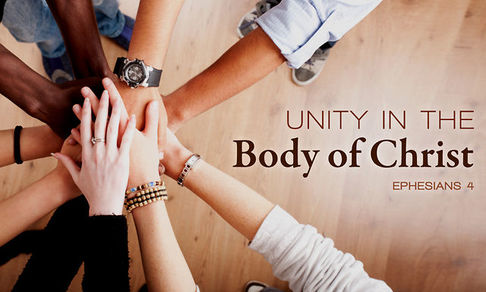
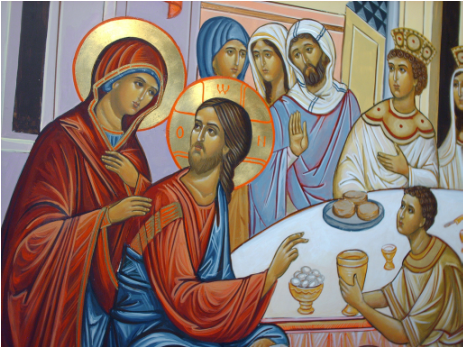

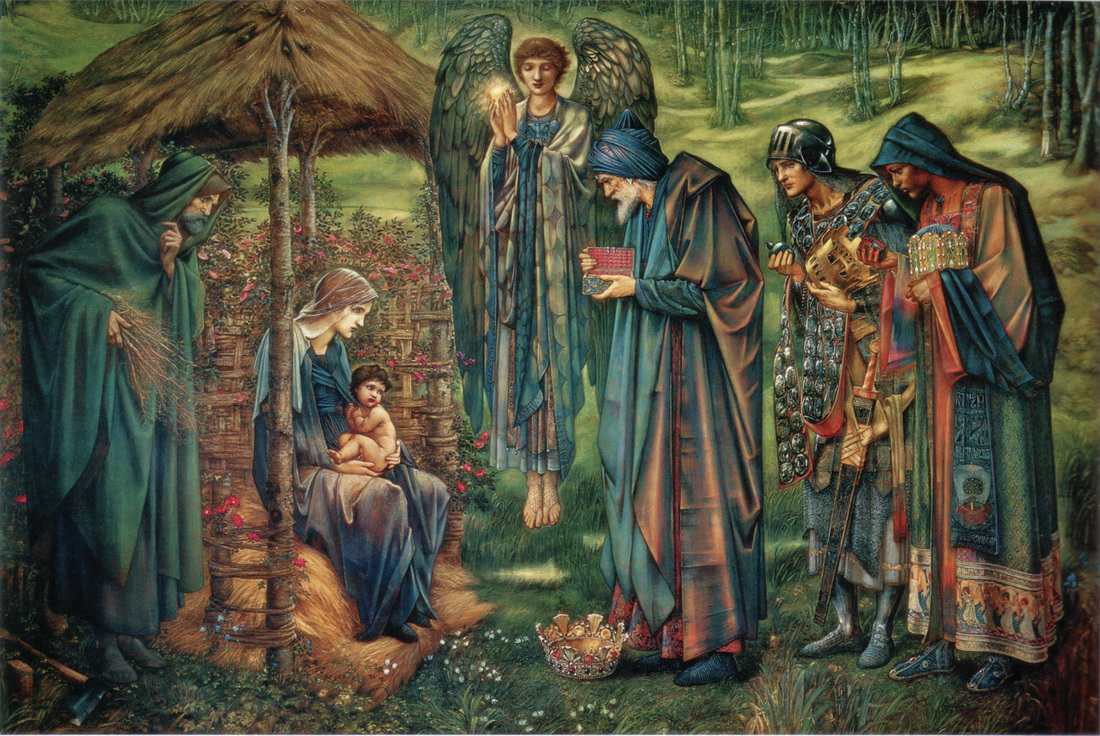
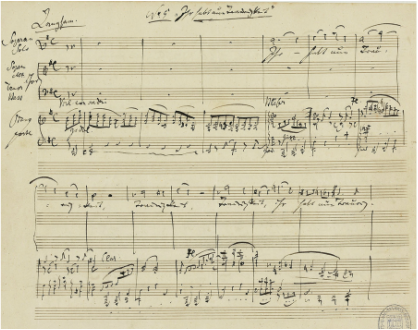
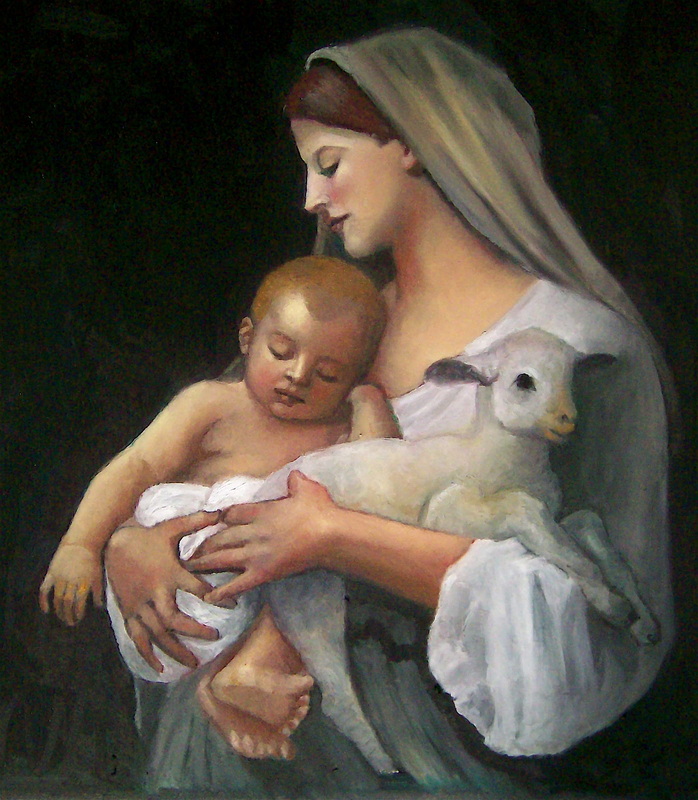


 RSS Feed
RSS Feed


